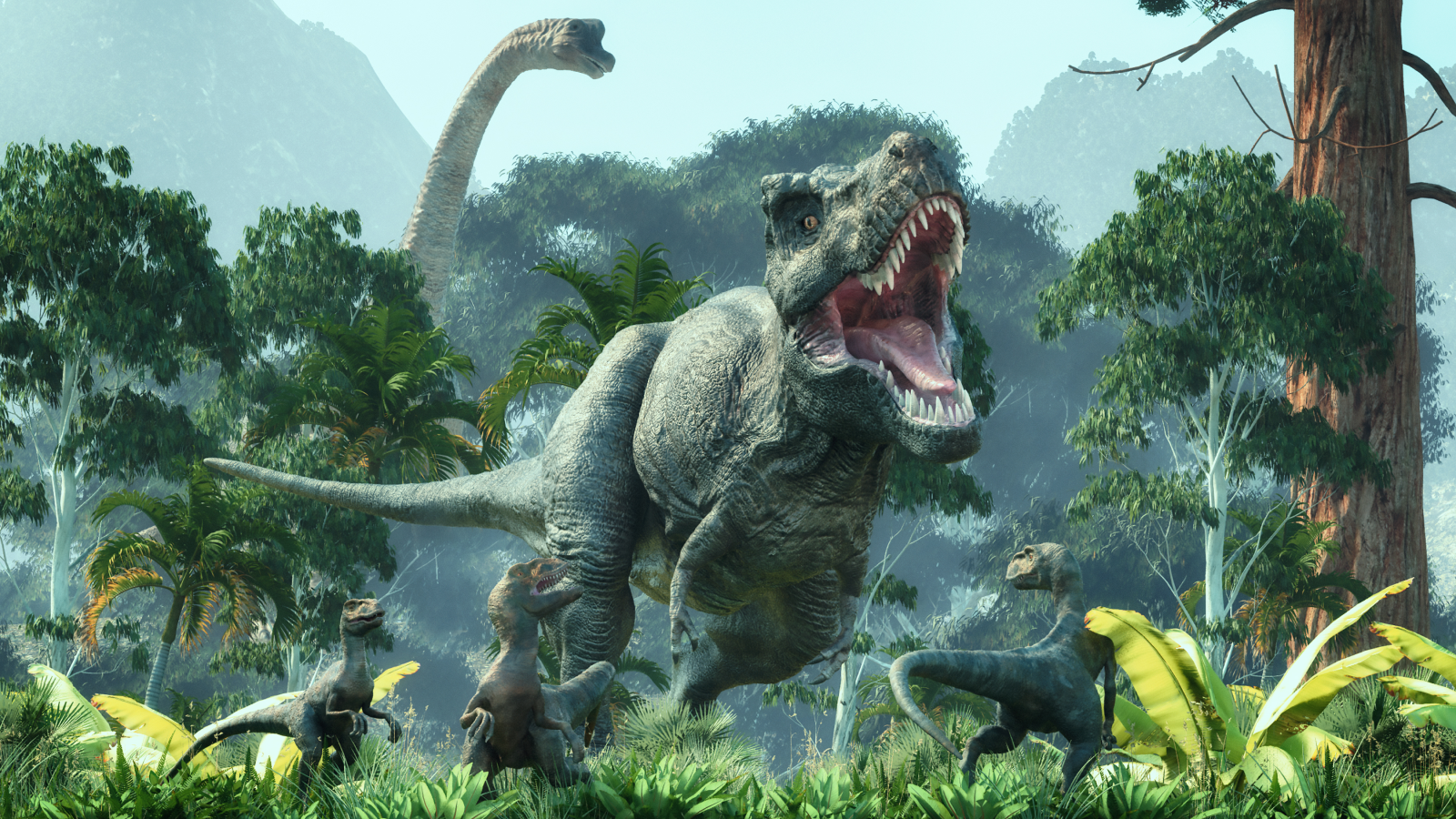Cows Produce Version of Human Breast Milk

Chinese researchers say they have genetically engineered dairy cows to produce milk more akin to human breast milk.
The key is a particular protein — called lysozyme — that is abundant in human breast milk. As an enzyme that attacks certain bacteria, it helps protect nursing babies from infection. Lysozyme, however, is found in only trace amounts in cow's milk.
"Despite the benefits [human lysozyme] provides to breast-fed infants, mothers do not always desire to lactate and sometimes situations prevent lactation," write the researchers in an article that appeared on March 16 in the journal PLoS ONE. "Therefore, the development of alternative sources of [human lysozyme] would be beneficial to infant health."
The researchers, led by Bin Yang of the State Key Laboratory for Agrobiotechnology at the China Agricultural University in Beijing, created calf embryos with the genes to produce the protein and raised them once they were born. They examined the milk produced by the four transgenic cattle that were lactating during the time of the study.
They concluded that the protein produced by the transgenic cattle was identical to that of human breast milk and had similar bacteria-killing activity. The altered cows' milk also had fat, protein and lactose contents similar to that of regular cows' milk.
You can follow LiveScience writer Wynne Parry on Twitter @Wynne_Parry.
Get the world’s most fascinating discoveries delivered straight to your inbox.



